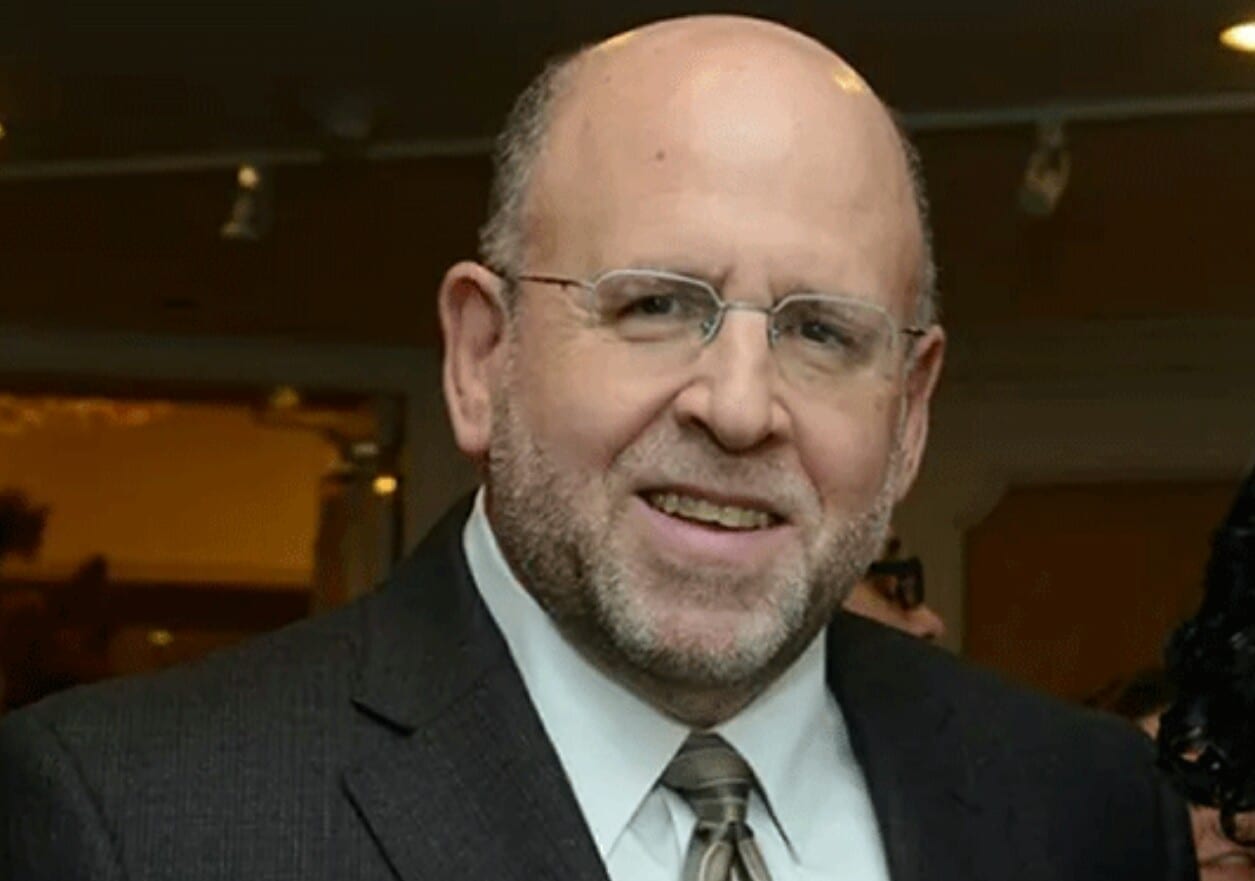From the moment I first heard it, I’ve never forgotten this quote attributed to Mark Twain: “I apologize for such a long letter – I didn’t have time to write a short one.”
This bit of wisdom became a guiding force for me as a writer. Which is not to say that I’ve only written short pieces, but I always do aspire to be more economical in my writing.
Although I don’t always succeed, I always keep Twain’s guidance close to heart.
Sometimes, as I’ve learned, I don’t always have a choice, such as when I write a letter to the editor and I’m told to keep my thoughts to 150 or 200 words. And they mean it.
At first, I found word limits to be arbitrary and unfair. In time, though, I came to respect the limits and appreciate the discipline that was required to help make me a better writer.
In fact, I am thrilled when I write a one-sentence letter to a newspaper and they publish it. Such was the case with a submission I made recently to Newsday.
I wanted to say something about the economy opening up after weeks of businesses being closed down due to the pandemic. At the time, there was a debate raging about the health risks of opening too soon, and the countervailing risks of not opening soon enough.
Here is what I wrote that Newsday published on April 26, 2020: “Those who cavalierly suggest that we should accept the body count which reopening the economy prematurely will surely bring without widespread testing and contact tracing, should first consider the loss of those dearest to them before they so stridently assert their willingness to sacrifice ours.”
Obviously, I was taking the side of the debate devoted to preventing the proliferation of the spread of coronavirus. I thought that saying something that might advance empathy for those who suddenly lost loved ones and were unable to comfort them or grieve in the usual ways might help some readers to pause and understand what is at stake for them and their loved ones if we opened too soon.
Of course, I understood the argument that unemployment will kill people too with the loss of jobs and housing, food insecurity and mental illness, with the worst-case scenario of suicide.
Nevertheless, I thought the risk of loss of life and the long-term health implications were paramount and would also impact on people’s economic well-being, and so I wrote that sentence.
People had varying responses to my letter, many in support of my point of view, some not. That is to be expected, and it’s a good thing. Respectful dialogue from differing perspectives is a foundational element of our democracy.
As a writer, what I took from the conversation was that the longer pieces I typically write, such as this piece of about 600 words, could have the effect of obscuring or softening some of my more pointed opinions; but a single sentence, published alone, has no place to run, no place to hide.
Maybe instead of a short letter of one sentence, if I had written a longer one and posted that, no one would have noticed.
Incidentally, in this morning’s Washington Post (June 23) it was reported that 29 states and U.S. territories that recently reopened showed an increase in reported cases including a number of them reporting record average highs including sharply rising hospitalizations.
Thus far in the United States, more than 2,290,000 cases and 118,000 deaths have been officially reported.
Andrew Malekoff is the Executive Director of North Shore Child & Family Guidance Center, the leading children’s mental health agency on Long Island. The Guidance Center is seeing new and existing clients via telephone and video during the COVID-19 crisis. To make an appointment, call (516) 626-1971. Visit www.northshorechildguidance.org for more information.



